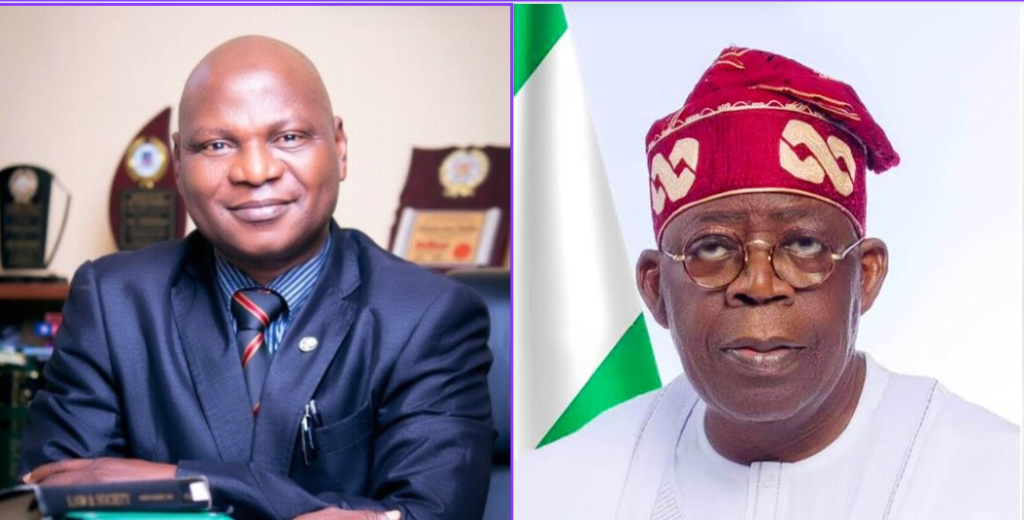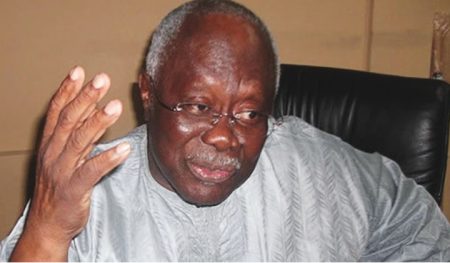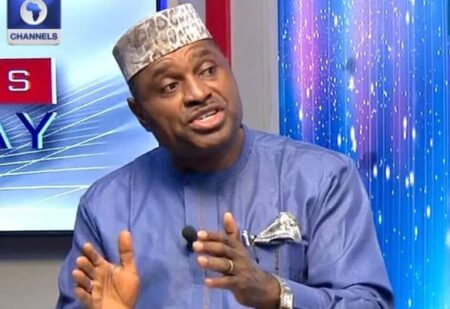A Professor of Law at Afe Babalola University, Sesan Fabamise, has stated that the declaration of a state of emergency in Rivers State is unconstitutional. He argued that Section 305(3) of the Constitution requires a total breakdown of law and order before such a declaration can be made and that the blowing up of some pipelines alone does not justify it.
However, he acknowledged that the move was politically expedient, as the legislature was intent on removing the governor, which could have triggered a major crisis. To prevent chaos, the proclamation served as a preemptive measure. While legally flawed, the declaration helped avert a worse political crisis, demonstrating strategic intervention by the leadership.
The New Daily Prime had earlier reported that President Bola Tinubu had declared a state of emergency in Rivers State, suspending Governor Siminalayi Fubara, his deputy, Ngozi Odu, and members of the State House of Assembly for six months. Following this, the President appointed Vice Admiral Ibok-Ete Ekwe Ibas as the Sole Administrator of the state and ordered the release of previously withheld state allocations. The allocations had been frozen under a court order from the Federal High Court in Abuja, which barred the Central Bank of Nigeria (CBN) and the Accountant-General of the Federation from releasing the state’s funds.
In an interview with The New Daily Prime, Professor Fabamise reiterated that the constitutional conditions for declaring a state of emergency, particularly those outlined in Section 305(3), were not met in Rivers State before the declaration.
Fabamise explained that the constitution requires a complete breakdown of law and order or a situation akin to a state of war before an emergency rule can be imposed.
Read Also:
- Rivers emergency rule: Tinubu, FG dragged to ECOWAS court
- Jonathan criticises Tinubu’s emergency rule in Rivers
- Uzodimma: Emergency rule ‘stability measure’ in Rivers
He stated:
“That situation did not exist in Rivers State. The fact that some pipelines were vandalized does not constitute sufficient grounds, especially since such incidents are not new. They have occurred even in times when there was no political crisis in the state.”
However, he conceded that the move could be considered expedient.
Fabamise further explained:
“The legislature was determined to remove the governor. We understand that a removal notice would have been served to him if the proclamation had not been made. This could have led to a serious crisis.
If we recall the events that led to the collapse of the First Republic, it started as a regional crisis. A politically adept leader would not wait until a political crisis becomes uncontrollable before taking preemptive actions. The proclamation prevented the planned removal of the governor, which could have had dire consequences. For me, the declaration is unconstitutional but expedient.”
Meanwhile, former President Dr. Goodluck Jonathan has also weighed in on the matter, criticizing the suspension of Governor Siminalayi Fubara and other elected officials in Rivers State. Jonathan stated that the move damaged Nigeria’s international image.
Speaking at the Haske Satumari Foundation Colloquium in Abuja, Jonathan emphasized that while former presidents typically refrain from commenting on political issues to avoid escalating tensions, he felt compelled to address the situation due to its potential impact on Nigeria’s global reputation and investment climate.
He noted:
“The image of a country and its ability to attract investment are heavily dependent on the actions of the executive, legislature, and judiciary.”
Additionally, governors of the Peoples Democratic Party (PDP) have condemned President Tinubu’s emergency rule, arguing that his actions were unconstitutional and posed a threat to Nigeria’s democratic principles.









